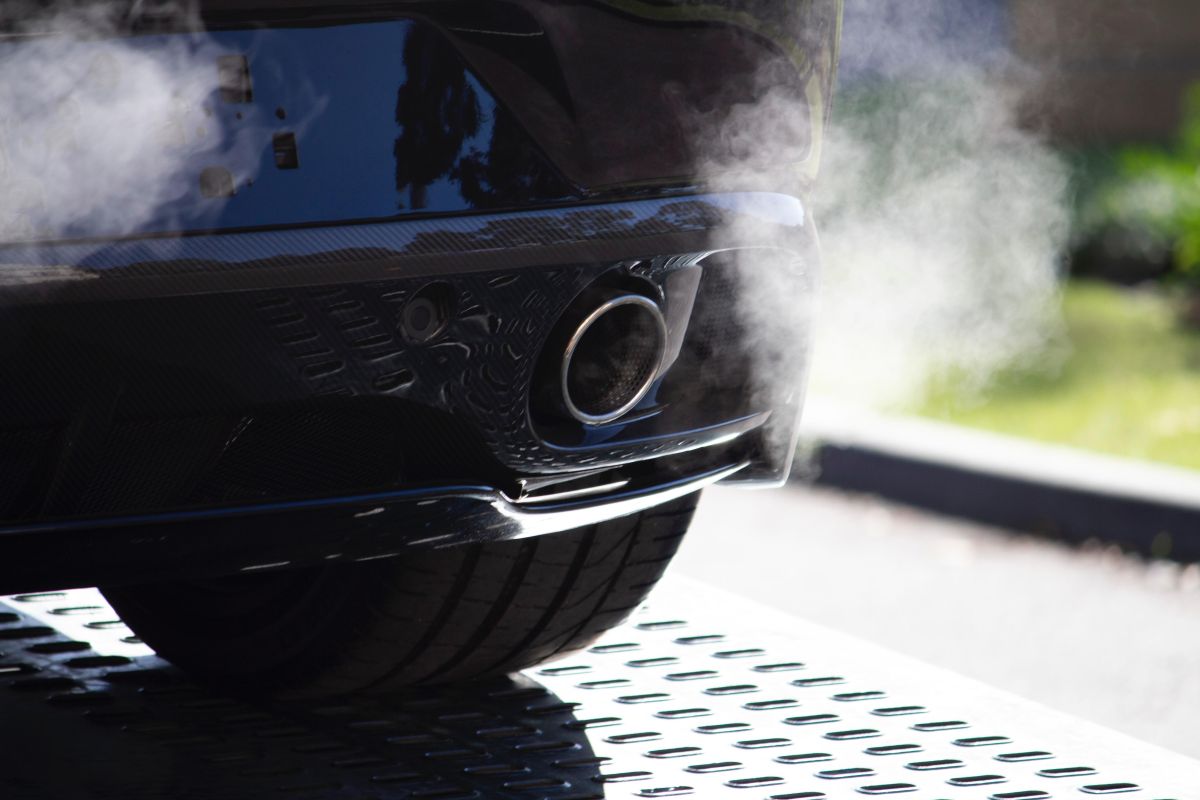Michigan State Rep. Natalie Price, D-Berkley, introduced a bill in April to the Michigan House of Representatives that would significantly increase fines for motorists who intentionally modify their vehicles' exhaust systems to produce excessive noise.
Under current Michigan law, drivers and dealers are prohibited from altering exhaust systems to exceed state noise limits or offering such vehicles for sale. Violations can result in fines up to $100.
Price's proposal would increase these fines to $500 for first-time offenders and $1,000 for second-time offenders, with repeat offenders potentially facing misdemeanor charges and fines up to $1,000.
“This is definitely beyond just being inconvenienced. This is the No. 1 thing I hear from my constituents … right along Woodward, that the noises that are coming out of modified vehicles are really creating harm within those communities,” Price told Bridge Michigan. She emphasized the loud noises disrupt residents' lives, causing health issues such as sleep deprivation and increased stress.
Residents along the Woodward Avenue corridor in Oakland County, a hotspot for the annual Woodward Dream Cruise, frequently mistake the loud car noises for gunshots, leading to a spike in 911 calls.
“My neighbor came over earlier tonight and was truly concerned it was gunshots not cars backfiring," resident Alyssa Marsack said in a press release from Price's office. "My dog has been scared several times just today and ran inside as she tried to enjoy her backyard. My neighbor with a young child has been kept up until 2 a.m. due to the noise on a weekday. I have had to close my windows and use the AC when I don’t want to just to keep the noise level down so I can sleep.”
“I've had constituents who need to heal after surgery, caregivers of folks in hospice, young families bringing home newborn babies,” Price said. “This is very harmful to their health, not being able to sleep, not being able to rest and recover.”
“We’re well aware of the issue of modified vehicles and drag racing on our roads," Birmingham Police Chief Scott Grewe said in the same press release. "Existing law limits what we can do about it, and unfortunately, the current $100-per-offense civil infractions do not seem to deter this behavior. With higher penalties for those intentionally seeking to disturb the peace, this bill will hopefully disincentivize vehicle modification and offer us more tools to deal with those who continue doing so.”
The proposed legislation offers an option to waive fines if offenders repair their vehicles to meet noise regulations before their court appearance. “If a vehicle is loud due to neglect or an accident, those aren't the people being targeted with this legislation,” Price said.
The state vehicle code specifies maximum noise levels for different vehicle types. Cars over 8,500 pounds must not exceed 90 decibels on streets with speed limits of 35 mph or more, and 86 decibels on streets with lower speed limits. For motorcycles and mopeds, the limits are 86 decibels at higher speeds and 82 decibels at lower speeds. By comparison, a normal speaking voice measures around 60 decibels, while a rock concert reaches about 120 decibels.
Motorcycle advocates argue that louder bikes enhance safety by making them more noticeable to other drivers.
“Somebody will hear you or see you that didn’t before,” said Ed Schuitema, legislative director for the Michigan branch of American Bikers Aiming Toward Education. He recounted an incident where he was run off the road, suggesting a louder bike might have prevented it.
“It’s a visibility issue, it’s a safety issue,” Schuitema asserted.
The bill has been referred to the Committee on Transportation for further consideration.












